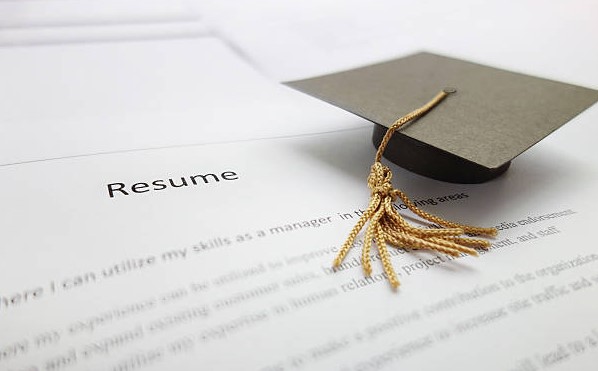Once you step into your early 20s and are fresh out of college, all you can think of is about bagging a job at the earliest. However, approaching prospective organizations, exploring job openings, and preparing for different roles is not enough. A groundbreaking resume is as important as preparing for job interviews. The first step to creating an impressive resume is to customize it according to the requirement of the job role and make it more readable. If you are wondering how to do that, we are here to help you create your own customized resume.
Goals of writing a Graduate Resume
- Conveying your strengths and skills
A good graduate resume highlights your strengths and skills so that the recruiter can scan through it at a glance and know if you’re competent enough for the role.
- Showcasing your education and experience timeline
Your educational background and the kind of work experience that you carry define your fields of interest and what you are good at.
- Create an excellent first impression
A precise and customized resume is critical to establish an excellent initial perception of the interviewer. The more professional and readable your resume is, the stronger will your first impression be.
What should your resume contain?
Your good graduate resume example would be one that contains all the information relevant to the job role you are applying for. Below is some of the basic information that you should consider adding to your resume:
- Accurate contact information and your professional profile link
- An introduction in the header to mention your strengths and interests
- Educational background and certificates
- Work experience, training, and internships
- Strengths and skills
- Extracurricular activities and fields of interest
Types of resume formats
There are three kinds of resumes that all college graduates should create. The type you choose to present depends on what you want to focus on while presenting. Whichever works best for you should be determined independently.
- Chronological format:
All of your information (education, employment, and experiences) is listed in chronological order, going from the most current to the oldest. This puts the essential information at the top.
- Functional format:
Fresh college graduate needs to emphasize their skills rather than their work history. Your employment history will be listed at the bottom, and your most salient abilities and qualifications will be listed right at the top in bullet points.
- Hybrid format:
This format incorporates the best elements of the other two. It highlights your most important talents in bullet points and contains a chronological section on your work experience.
Presentation of information
Header
When a potential employer first scans your resume, they will focus on the header section. This section needs to express who you are in a transparent way. You can write a brief overview of your experience working at an internship or if you have something special to emphasize on.
You can also consider adding a professional picture of yours, but it should not take up a lot of space and should be taken by a professional photographer.
Education: Demonstrate your expertise
One of your most vital selling factors as a recent graduate is your education. You should go into detail about your schooling to demonstrate to potential employers that you are interested in the field you are looking for, mainly because you will have little to no practical experience as a fresher.
Showcase your experience on your resume
Whether you have any professional experience will determine what information you put in this section. As a fresher, it is absolutely fine for you to have no professional experience in any field; however, being an intern or trainee while working at some organizations can reward you during recruitment.
Skills are the most effective tool for a recent graduate.
As we’ve already discussed, you don’t need professional talents here (extra points if you do, though!). Simply list any talents you have acquired as a result of your coursework or extracurricular activity. This will improve the development of your sample resume for a college graduate and the quality of the professional resume description. Next, examine the job specification to see what the organization seeks for the best results.
Things you should keep in mind
- The header should be concise and appealing.
- If a photo is not necessary, leave it out.
- Aim for a one-page maximum for the resume.
- The summary should only highlight your most significant accomplishments.
- Describe your schooling in detail if you lack work experience.
- Match your experience to the position’s requirements.
- Don’t only list your skills; give context as well.
- Include any information that is pertinent to the position for which you are applying.
Conclusion
So, now you know what you need to focus on while you are creating your resume. I hope this article will assist recent college graduates in finding all the information they need to land their dream jobs.For further references, you can search and see few more graduate resume example online.

